10 Deadly Signs Your Culture is Toxic
You've heard all the hype about company culture: "Build a company culture that attracts and retains top talent!" or "Culture isn't perks, it's values!" Most of it is good, some of it is sappy. But just as you can build a healthy company culture by injecting meaning and mission into your daily grind, you could also ignore it totally, decide not to fight for it ... and watch how the bullies and less desirable elements take over and turn the workplace into a toxic arena of one-upmanship and verbal takedowns.
One of the four key tenets of the Scrum framework is " change or die. " For workplace culture, it's closer to "maintain it or the weeds take over." Because you can't expect to retain top talent when the work environment becomes toxic and bad behavior is allowed to run rampant.
Here are 10 warning signs to watch out for. Nip it in the bud — if you care about your company.
1. Negative anonymous reviews on Glassdoor by current employees
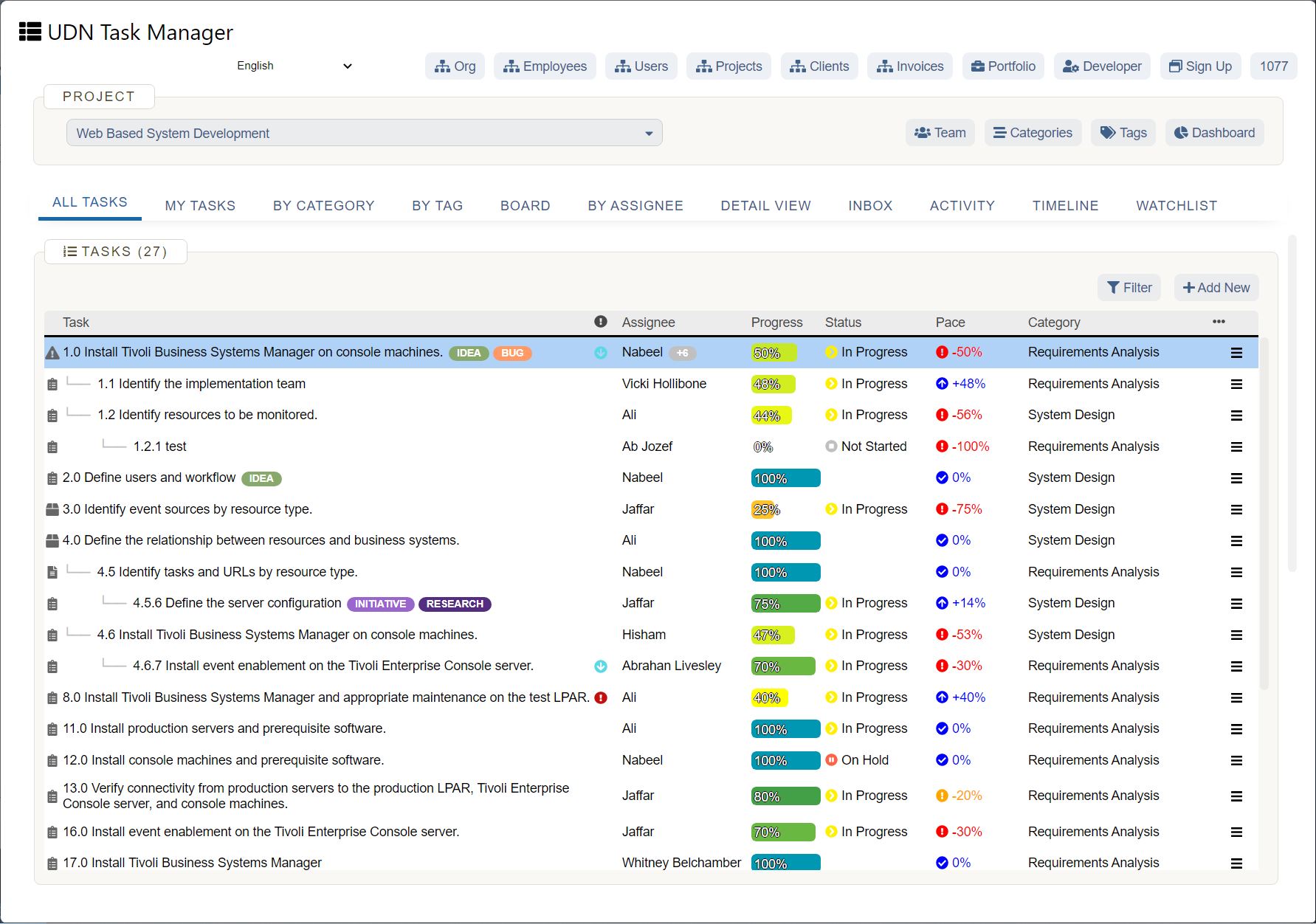
Bad reviews of your company are to be expected. However, if they're anonymous and written by current employees, ask yourself why that is. Could it be that they're staying quiet at the office from fear of some type of backlash? Are they warning prospective job candidates away from your company because they're unhappy? Or is the anonymous review their only outlet for their frustrations with your company? Probably all of the above. If your people have no process to escalate issues pertinent to their working relationships, and if your people fail to see anyone in management listening or caring about their issues, then they will take to Glassdoor and other review sites to lambast your company. Give your people other alternatives to express their concerns and provide input . Help them "be heard" inside the company first.
2. Gossiping, backbiting, and passive-aggressive communication
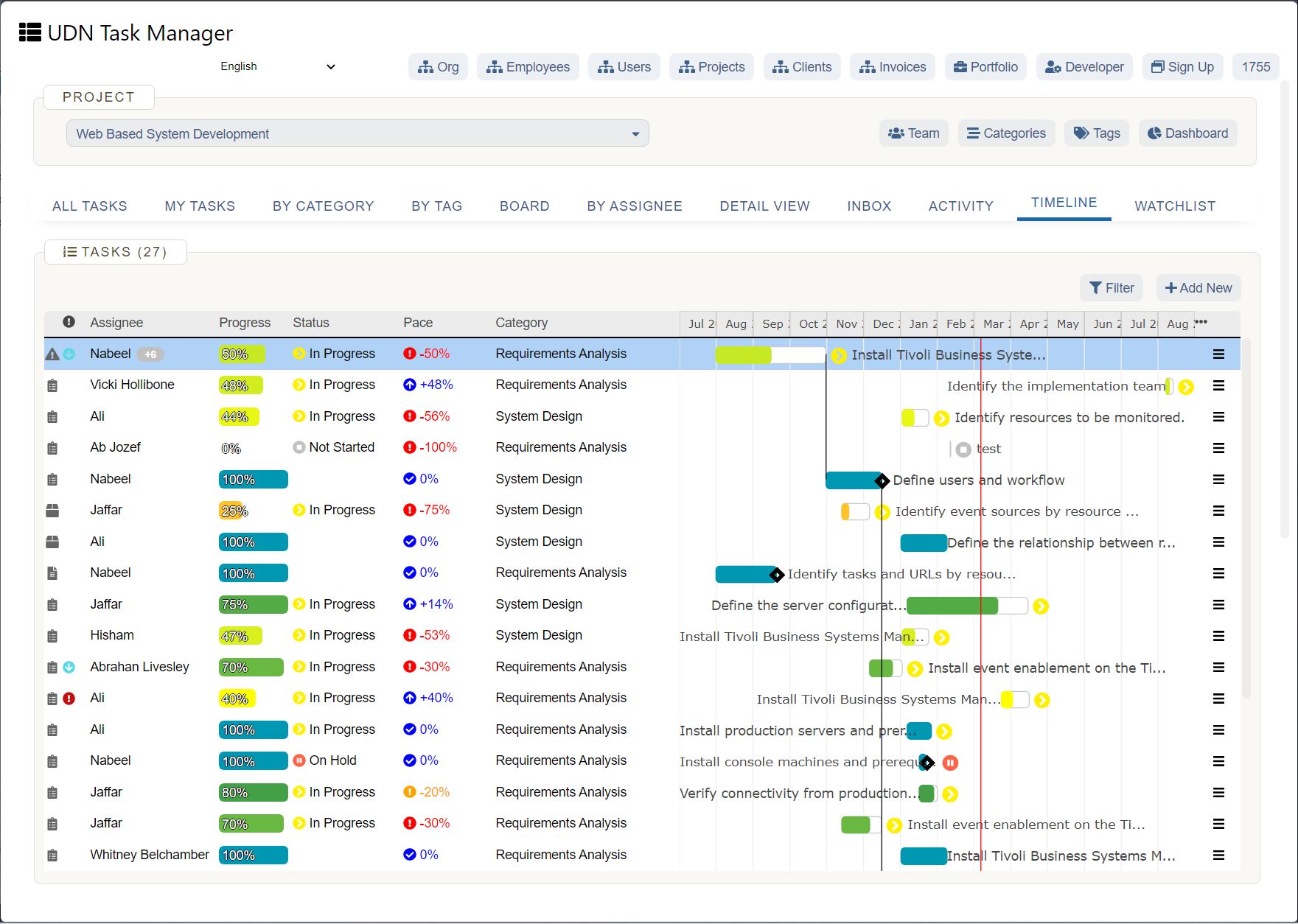
It's one thing to let loose on a private Slack channel, it's another to leave passive-aggressive feedback on more public areas such as your work management software , or your company-wide Skype chat. When professional courtesy and constructive criticism are replaced by insults, backbiting, gossiping, racist/sexist commentary, or general bullying, then the only culture your company is cultivating is of the bacterial kind.
3. Good workers leave for greener pastures
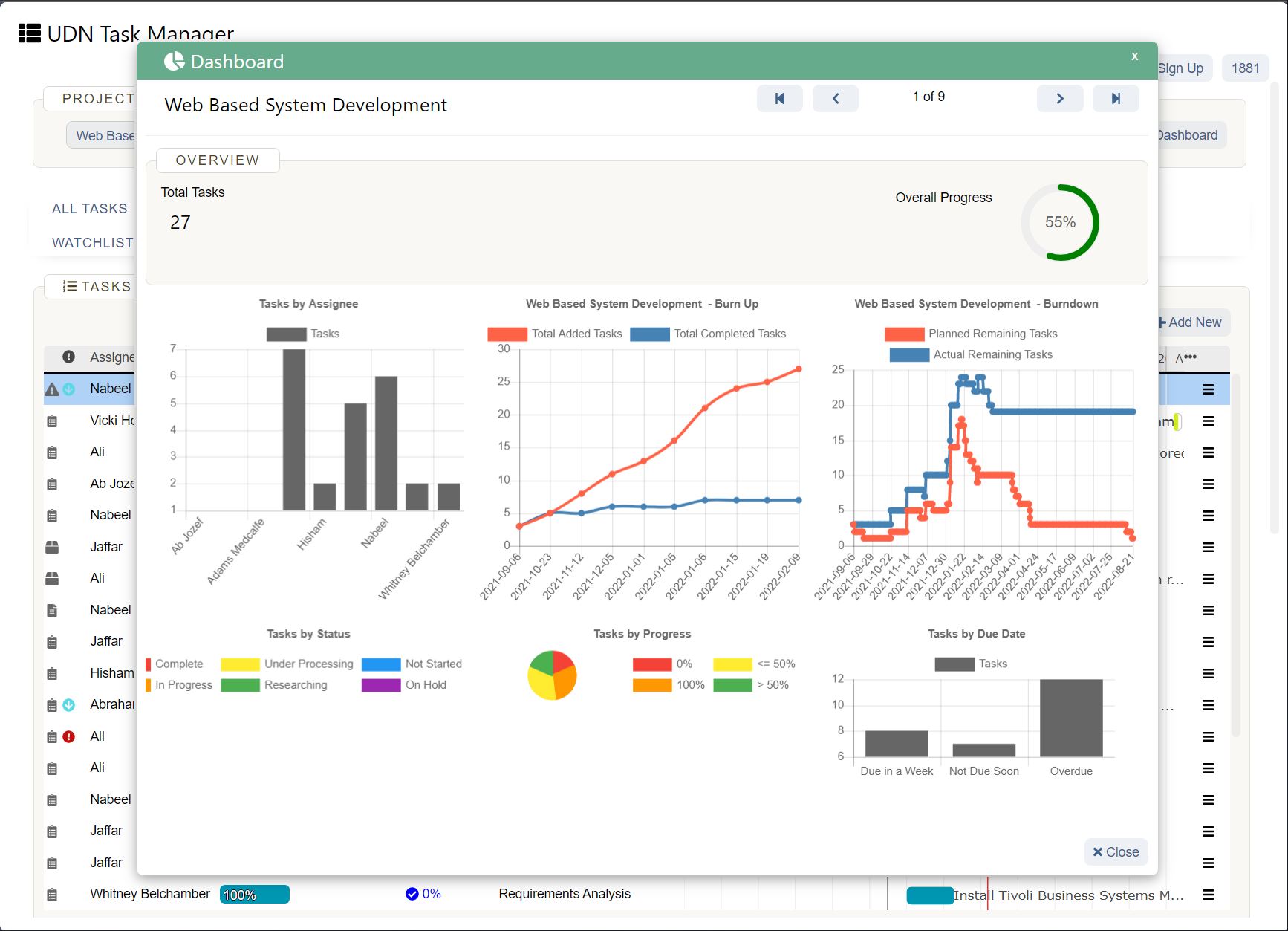
When your best people start abandoning ship in droves, something could be very wrong. Sure, it could be they've stayed about one to two years (the average tenure of a millennial employee ), but when more than one leave of their own accord, you better investigate. First and foremost institute an exit interview. Even if the majority of that feedback ends up being sugar-coated (people not wanting to burn bridges), you may be able to unearth some truths that you never stumbled upon. You might just discover issues with your management team that you haven't noticed. After all, people don't only leave companies. They leave their managers too.
4. People work in silos
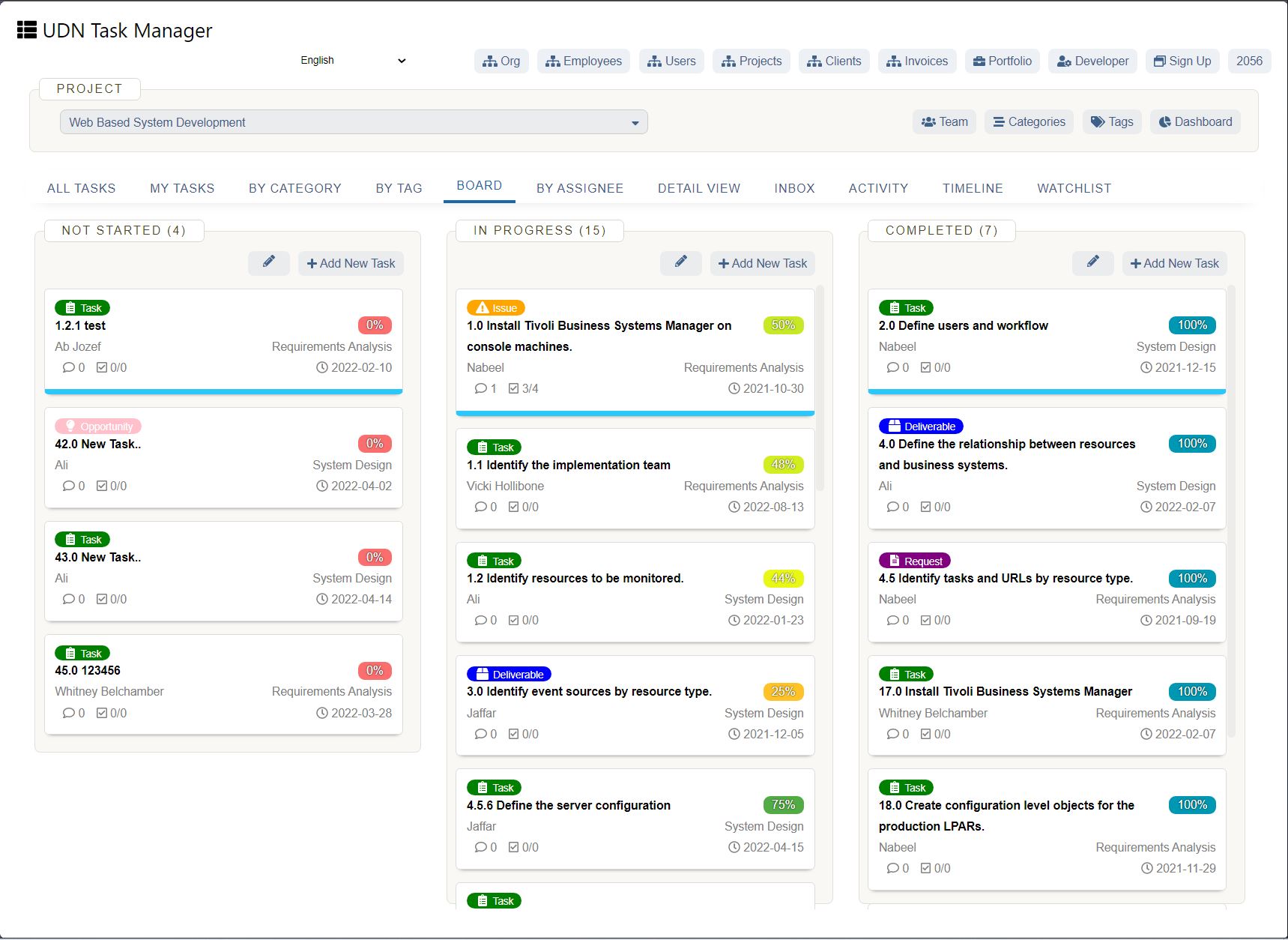
Are your coworkers collaborating across departments to get important projects done? Or are they working with heads buried deep in their team silos, sometimes duplicating work and never pooling resources with others? If the culture of sharing or collaboration is limited and if no tools exist that empower this culture to thrive, then watch out. You'll find the same problems that led to the automobile fatalities and the multi-million dollar recalls at General Motors some years back. If people work in silos, look deeper. Is it merely that teams don't like working outside their comfort zones? Or is it because they are fiercely protective over their area of knowledge? Either way, something has to be done to reverse the situation otherwise it will affect your organization's bottom line.
And if you need a collaboration tool that brings your team members out of their silos and helps them work with others in the company, then begin a free trial of UDN Task Manager .
5. Bad behavior is rampant
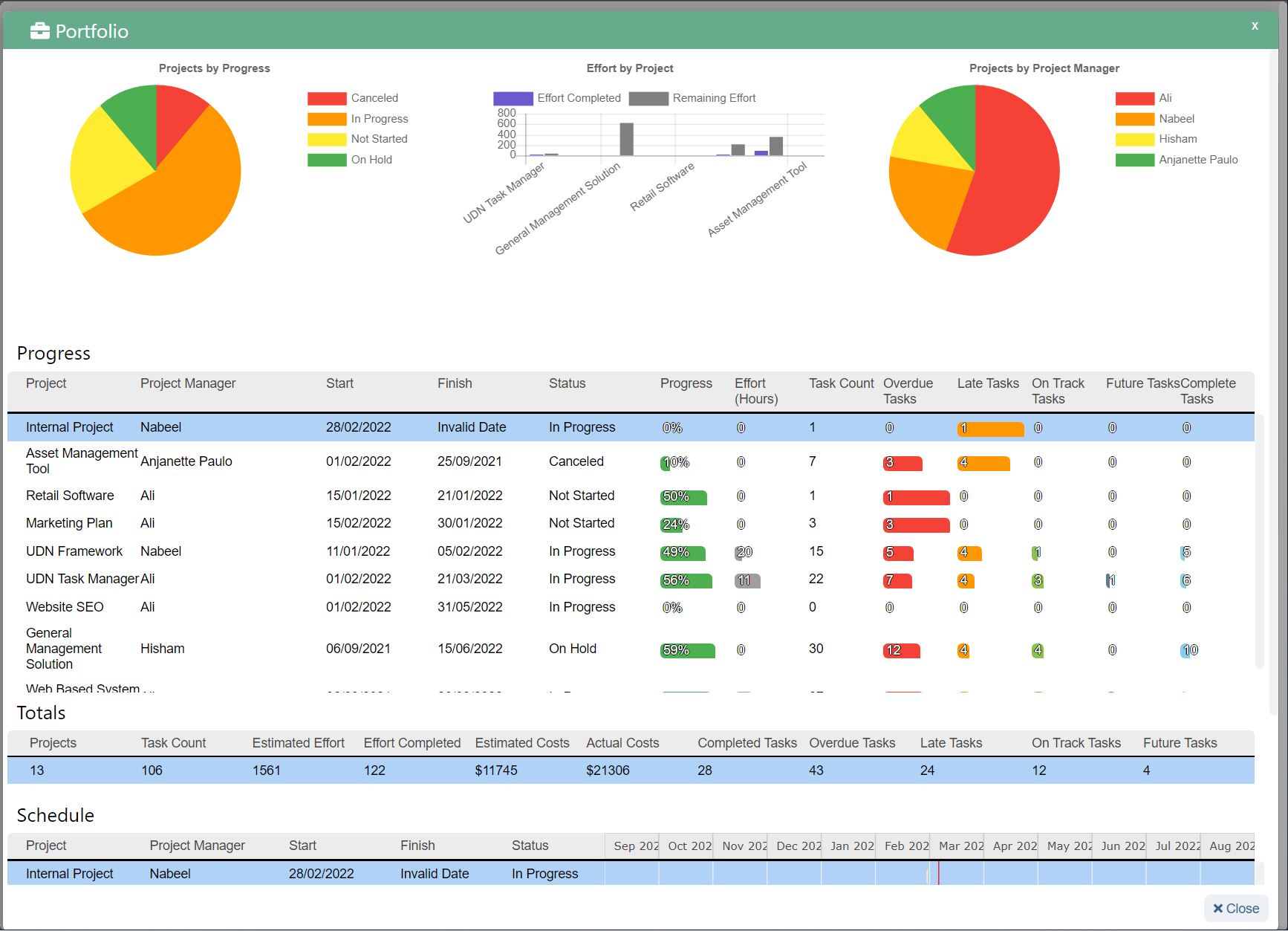
When you squeeze a toothpaste tube, a lot of the goop comes out. When you increase pressure in a work environment, the same thing can happen. If unethical, or questionable behavior is allowed to occur, then your people will start thinking it's an acceptable part of the work culture. This is how you end up with a Zenefits-type, hard-working/hard-partying culture , side-by-side with its alleged unethical business practices. Or a Tinder with sexist communiques between its former CMO and the founders. If you don't tend your garden, you'll end up with weeds.
6. Perks are mentioned more often than mission
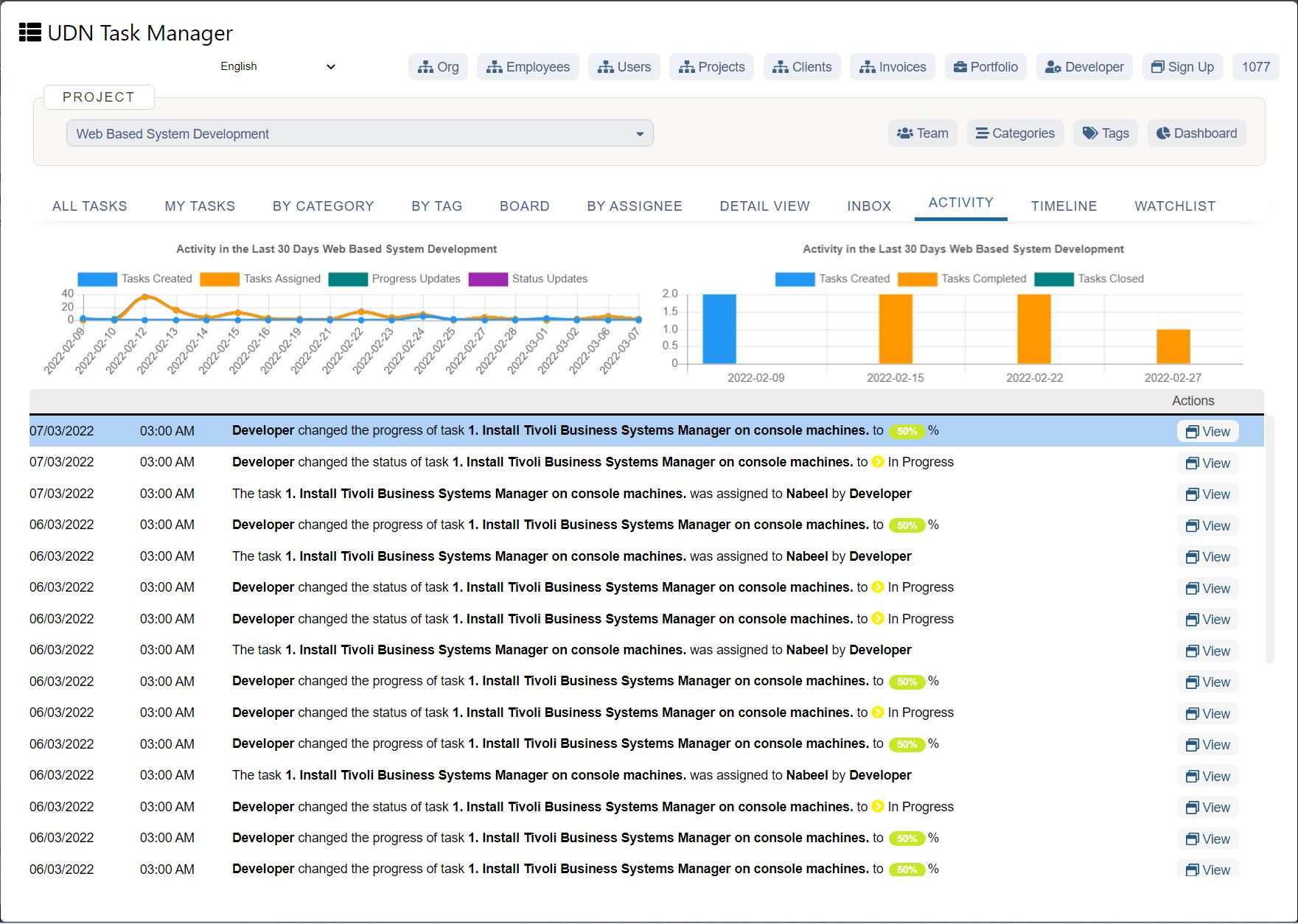
Check out articles online mentioning your company and workplace (include Glassdoor reviews as well). What are the highlights? Is it the positive work attitudes people have? Or do the writers/reviewers only mention the free lunches, the pingpong tables, the happy hour on Fridays? If perks get more word count than your company values or your mission, that's a red flag. It's time to roll your sleeves up and find out how your people really feel about the company's mission. Like this article? Subscribe to our weekly newsletter for more brilliant tips on work.
7. Political games are played
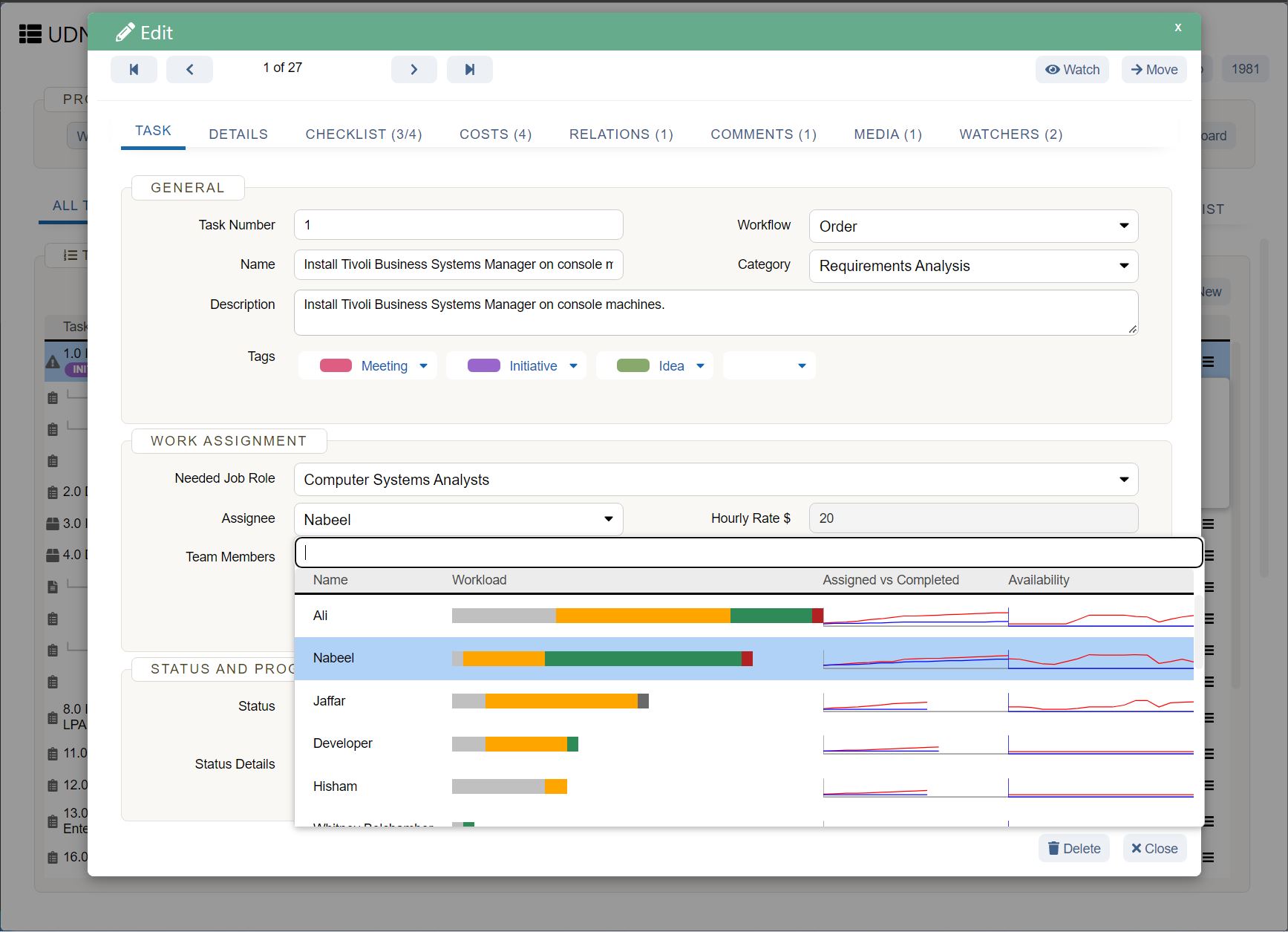
How do employees work their way up the ranks? By performance? If so, is there a system for measuring a worker's progress and is there a clear career path that they can take? Or do workers worm their way up the ladder with political moves that involve a lot of personal favors to their managers, a sufficient amount of kowtowing and brown nosing , and maybe even getting one up over their peers? If there is no set career path, no legitimate way to move up in a department, then you'll have people who will either game the system, or leave for other companies that give them room to grow and a rung on an official ladder.
8. People are excluded

Ask around. Is there a certain type of worker that's excluded from important decisions? Are workers in remote locations given the same respect and morale boosters as those in a physical office? Are disabled coworkers included in team games? Or are aggressive salespeople the only ones who seem to be enjoying the perks and bonuses? If there is no effort to include everyone, then be prepared to reap the fruits of resentment and bitterness.
9. Lack of transparency in upper management
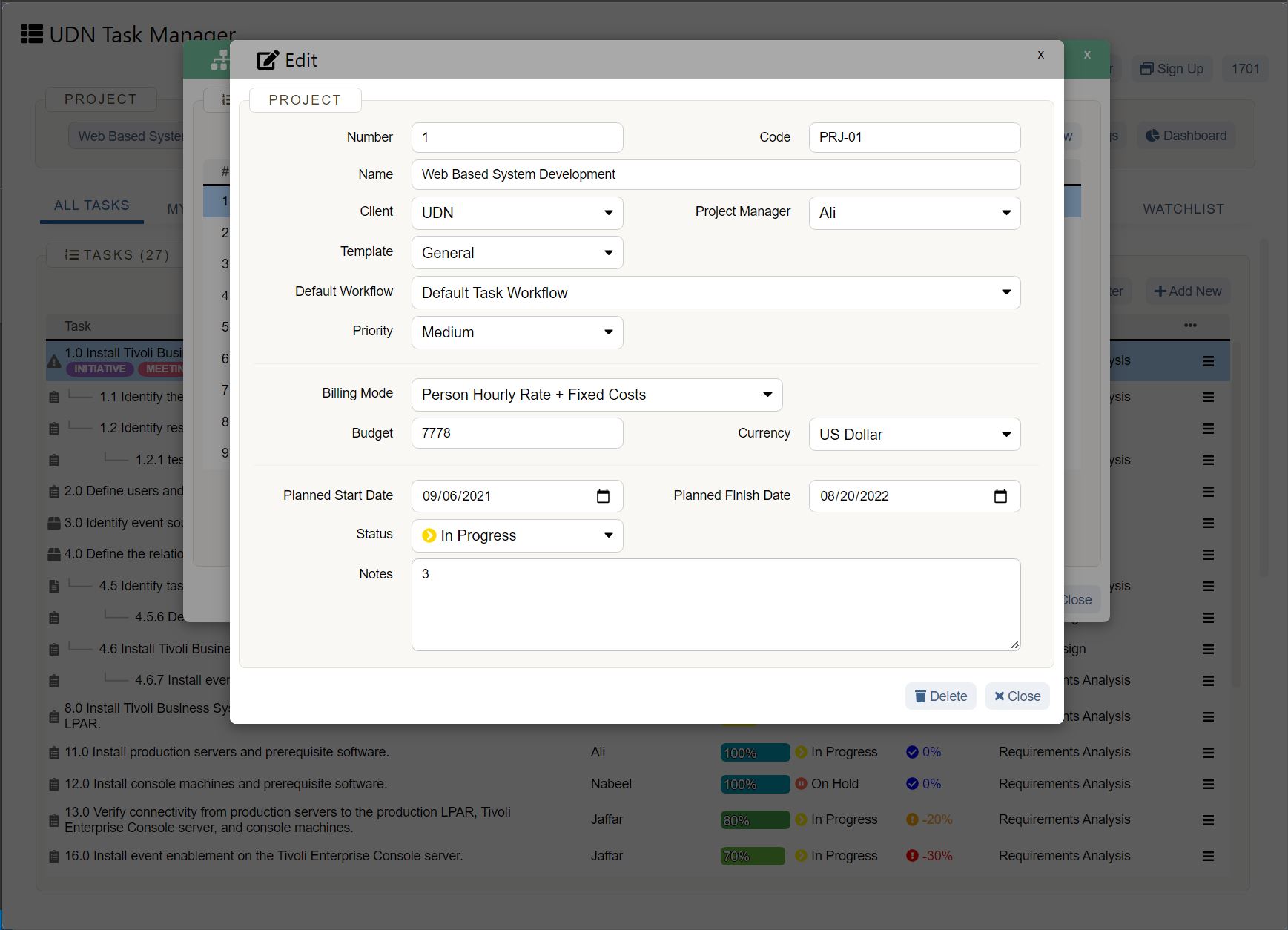
Culture trickles down from the top. If transparency is one of your core values, then be sure your executive team is practicing it themselves. Are you open about the product roadmap , search for funding, and plans for the future of the company? Or is the rank-and-file kept in the dark until a surprise pivot, or round of layoffs? A healthy culture begins with the leadership. You can't expect the rest of the company to be transparent about their workloads, roadblocks, and work if managers don't practice what the company preaches.
10. Money is spent on things that don't matter to your people
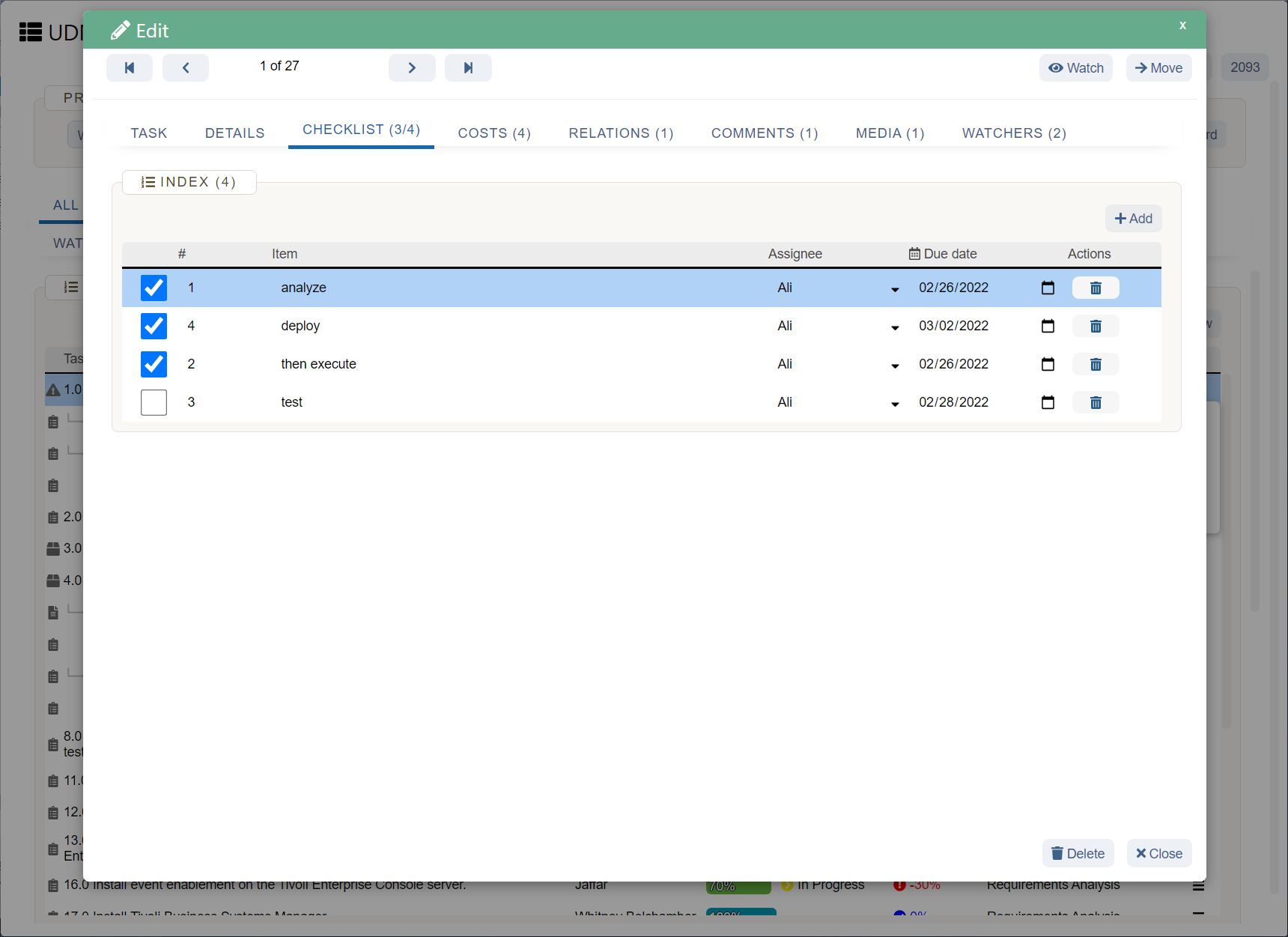
How much are you spending to boost company morale? Is the holiday party in a nice place or a tiny hole-in-the-wall? Are decisions such as team events, office locations, or how to implement work-from-home policy actually based on what the team wants? Or are they based on what's the least expensive option that still lets you tick the box? Are you setting aside funds to bring remote workers into work face-to-face with colleagues? Or are you spreading outdated ideas about why remote working will die in the future of work? Are you paying salaries that make talented candidates want to work for you? The most crucial question here is: what matters most to your people? Find out, and spend some money to give it to them. In return, you'll get a team of workers that are highly motivated, focused, and dedicated to giving your company their all.
If any (or all) of these warning signs are present in your company, then they're indicators that things aren't working or that people aren't happy. And happy workers have a direct impact on the bottom line : they take one-tenth the sick days of their unhappy coworkers, are 6X more energized, intend to stay twice as long in the company, and are twice as productive. Which begs the question: are you protecting that bottom line by fighting for a better culture?











